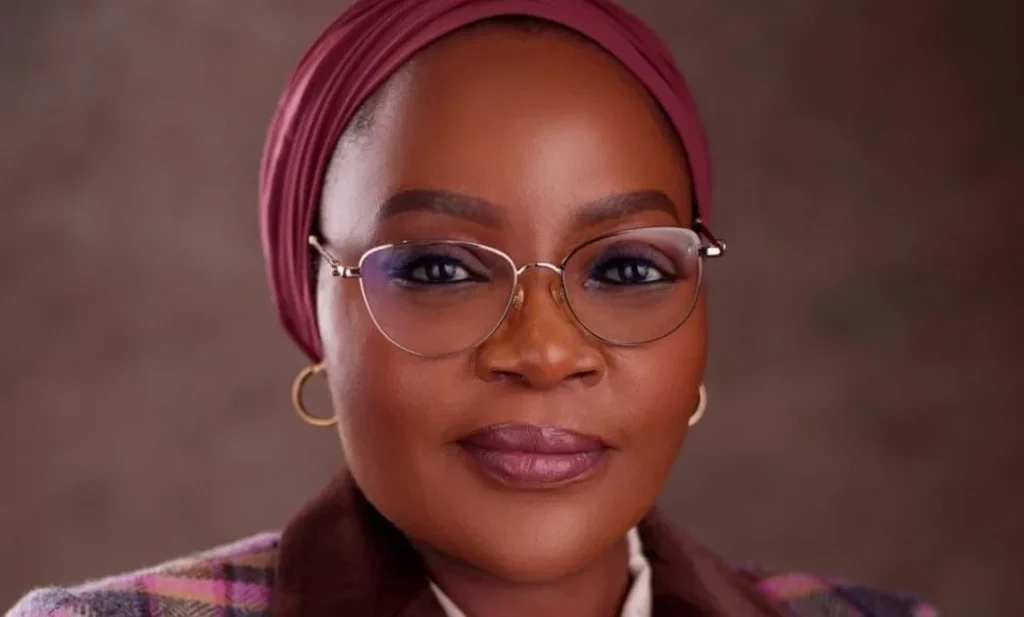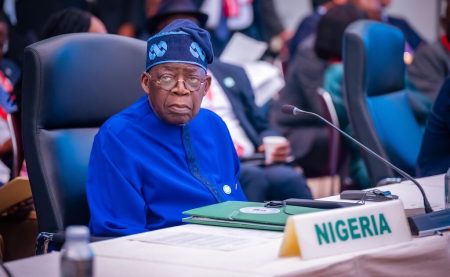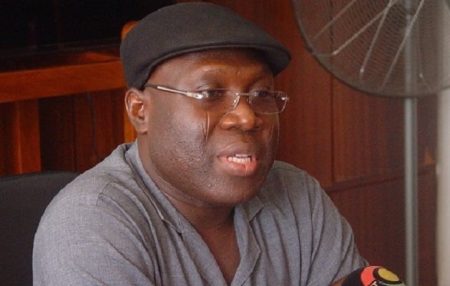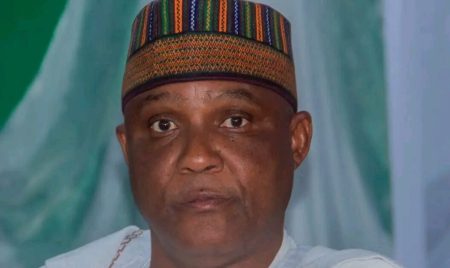Paragraph 1: Introduction to Luminah 2030 and UBEC’s Commitment
The Universal Basic Education Commission (UBEC) has publicly reinforced its dedication to addressing the persistent challenge of out-of-school children in Nigeria. This commitment was underscored during the official handover of the Luminah 2030 program from the Federal Ministry of Education to UBEC. Luminah 2030, launched in 2025, is a flagship initiative designed to empower one million underserved Nigerian girls by 2030 by providing access to education, vocational training, and community support. This ambitious program aligns with Nigeria’s commitment to achieving Sustainable Development Goal 4, which focuses on inclusive and equitable quality education for all. UBEC’s leadership emphasized that integrating Luminah 2030 into its operations would significantly bolster its ongoing efforts to reduce the number of out-of-school children, particularly girls in disadvantaged communities.
Paragraph 2: Luminah 2030: A Collaborative Approach to Empowering Girls
The Luminah 2030 program is strategically designed to address the multifaceted barriers that prevent girls from accessing education. It adopts a comprehensive approach that encompasses improving access to schooling, strengthening foundational learning, developing marketable skills through vocational training, and engaging with communities to foster a supportive environment for girls’ education. The program initially targets twelve pilot states across Nigeria’s six geopolitical zones: Yobe, Taraba, Kano, Jigawa, Benue, Federal Capital Territory, Ebonyi, Anambra, Bayelsa, Akwa Ibom, Lagos, and Oyo, with the intention of scaling up nationally by 2030. This strategic selection ensures representation from diverse regions and allows for tailored interventions based on specific local challenges.
Paragraph 3: UBEC’s Strategic Partnership with SUBEBs for Sustainable Impact
UBEC recognizes that effective implementation of Luminah 2030 requires strong partnerships and decentralized execution. The Commission plans to closely collaborate with State Universal Basic Education Boards (SUBEBs) to ensure program ownership and successful implementation at the state level. This collaborative approach aims to tailor the program to specific state contexts, leverage local expertise, and foster a sense of ownership among stakeholders at the grassroots level. By working closely with SUBEBs, UBEC aims to create a sustainable framework for Luminah 2030 that extends beyond the initial program lifespan and becomes integrated into the fabric of the Nigerian education system.
Paragraph 4: Transparency, Accountability, and Continued Collaboration: Key Principles of UBEC’s Leadership
UBEC’s leadership has emphasized the importance of transparency and accountability in managing the resources allocated to Luminah 2030. The Commission is committed to ensuring that funds are disbursed and resources are deployed effectively to maximize the program’s impact. Furthermore, UBEC recognizes the importance of continued collaboration with all stakeholders, including the Federal Ministry of Education and the Luminah committees. This collaborative spirit will ensure that the program remains aligned with national education goals and international development objectives. UBEC’s commitment to transparency, accountability, and collaboration builds trust and fosters a sense of shared responsibility among all involved in the program’s success.
Paragraph 5: Luminah 2030: A Response to Nigeria’s Education Crisis and the Vision of Empowerment
The Luminah 2030 initiative originated from the vision of Professor Suwaiba Sa’id Ahmad, the Minister of State for Education, as a direct response to the complex education challenges facing Nigeria. It recognizes the significant socio-economic disparities, cultural norms, and financial constraints that disproportionately affect girls’ access to education. The program aims to dismantle these barriers and empower girls to reach their full potential. Luminah 2030 represents a bold and transformative approach to addressing the root causes of educational inequality and ensuring that every girl has the opportunity to learn and thrive.
Paragraph 6: Luminah 2030’s Long-Term Impact: Empowering a Generation of Nigerian Girls
By providing access to quality education, vocational skills, and community support, Luminah 2030 aims to empower a generation of Nigerian girls. The program recognizes that education is a fundamental human right and a catalyst for individual and societal development. By investing in girls’ education, Luminah 2030 contributes to a brighter future for Nigeria, fostering economic growth, promoting gender equality, and building a more inclusive and prosperous society. The program’s long-term vision is to create a society where every girl has the opportunity to realize her full potential and contribute meaningfully to her community and the nation as a whole.














